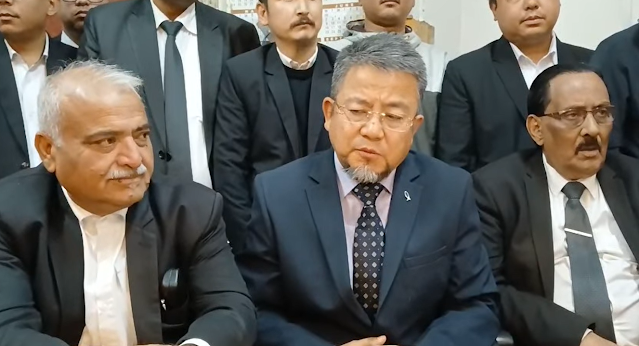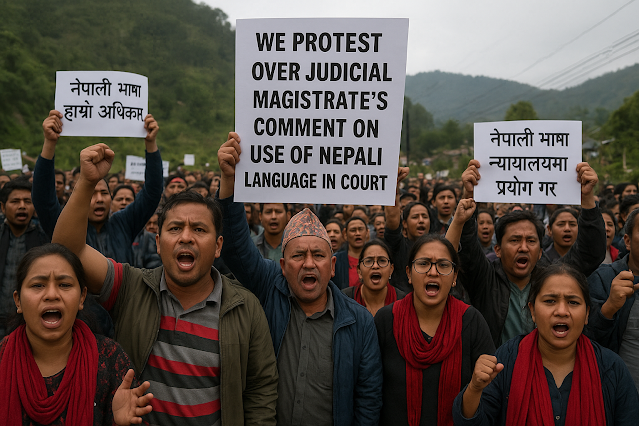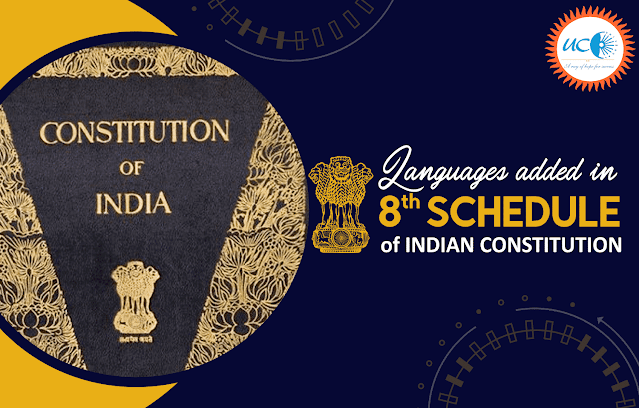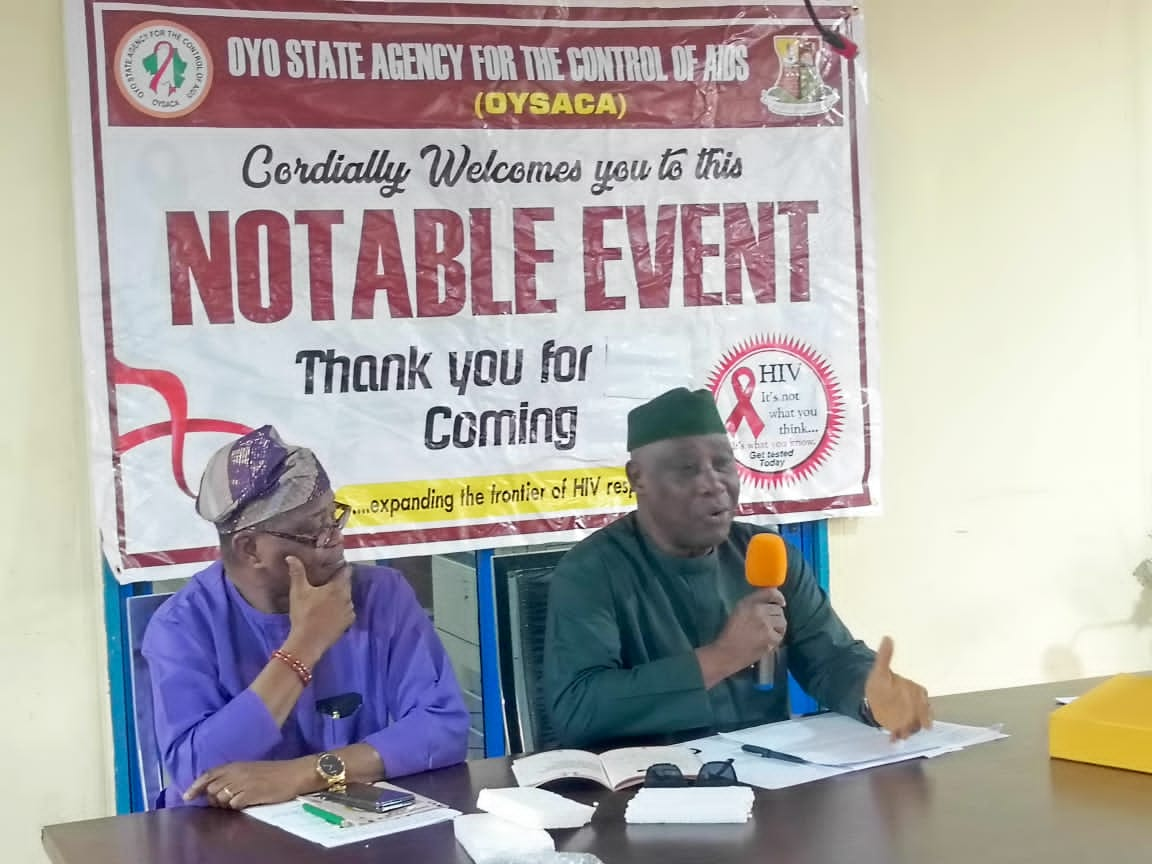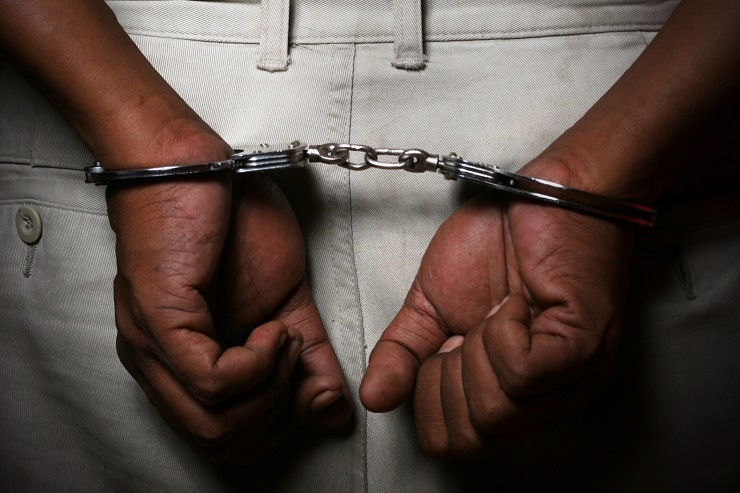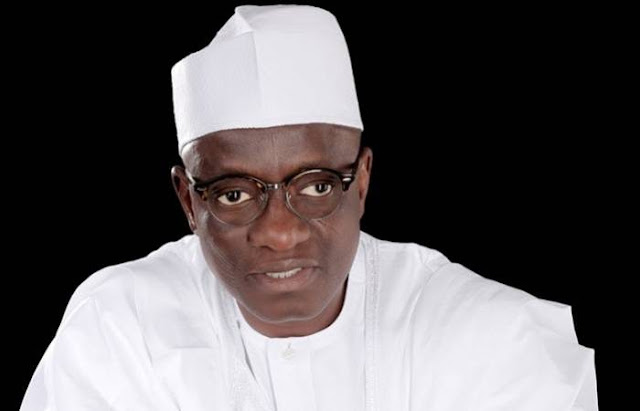The Darjeeling Bar Association, led by its general secretary Dinesh Chandra Rai, made the magistrate’s signed apology public on Wednesday. In the letter, Sarkar wrote: “I, Alakananda Sarkar, a member of the West Bengal Judicial Service, presently posted as Judicial Magistrate at Mungpoo, wish to extend my sincere and unconditional apology for the incident that happened on my part to the members of the Bar Association, Darjeeling. I fully understand that this may have caused sentimental hurt and inconveniences to all the members of the Bar Association as well as Nepali-speaking community at large and I take full responsible for the same which had occured.”
She further stated, “However I had no intention to hurt the sentiments of Nepali speaking people, If any person or community got hurt, I am tendering my unconditional apology. The word was casually uttered by me out of my frustration and ill health. I also apologize for my yelling out from my Ejlash during the sessions of Court hearing. I have full knowledge that the Nepali language was recognized by the constitution and was included in Eight Schedule of the Indian Constitution. I also respect Nepali language.”
The apology came after a high-level meeting attended by members of the Darjeeling Bar Association, the district judge, the additional district and sessions judge (2nd court), the chief judicial magistrate of Darjeeling, and Sarkar herself. The district judge assured the bar association that Sarkar would not attend court proceedings at Mungpoo for the time being, pending administrative decisions on her transfer.
The controversy had reached the state government earlier this week. On Tuesday, West Bengal law minister Moloy Ghatak wrote to the Chief Justice of the Calcutta High Court, drawing attention to allegations that Sarkar had prohibited the use of Nepali in Mungpoo Court, both in official proceedings and in normal communication, on the grounds that Nepali was “a language of Nepal and not of India.”
In his letter, Ghatak pointed out that Nepali is not only part of the Eighth Schedule but also the official language of Darjeeling’s hill subdivisions. He requested the intervention of the High Court to resolve the issue, calling it a matter of serious public concern. The law minister’s action followed a meeting in Kolkata with Gorkhaland Territorial Administration (GTA) chief executive Anit Thapa, who had submitted a memorandum demanding urgent steps against the magistrate’s remark.
The remarks triggered widespread anger across the Darjeeling hills. Bar associations from Mungpoo, Darjeeling, Mirik, Kurseong, Kalimpong, and Gorubathan, along with the Lawyers’ Clerks Association, staged protests and observed cease-work on Tuesday and Wednesday. The Mungpoo Bar Association had boycotted court proceedings since Monday. Political parties across the spectrum also joined in condemning the remarks, calling them derogatory and unacceptable.
Alakananda Sarkar, had joined in 2005, and also had served in various capacities, including at the Metropolitan Magistrate Court in Kolkata. Her most recent posting before Mungpoo was as Judicial Magistrate, 3rd Court, Siliguri, where she joined in 2022.
While Sarkar has publicly apologized, the Darjeeling Bar Association has reiterated its demand for her transfer, noting that the issue goes beyond an individual’s words and touches on the dignity of an entire community. “Considering the gravity of the situation, you are requested to kindly intervene into the matter so that the stalemate may be resolved at the earliest,” law minister Ghatak wrote to the Chief Justice.
The apology has somewhat eased tensions, but observers note that the incident has once again highlighted the deep sensitivities surrounding language and identity in the Darjeeling hills.


